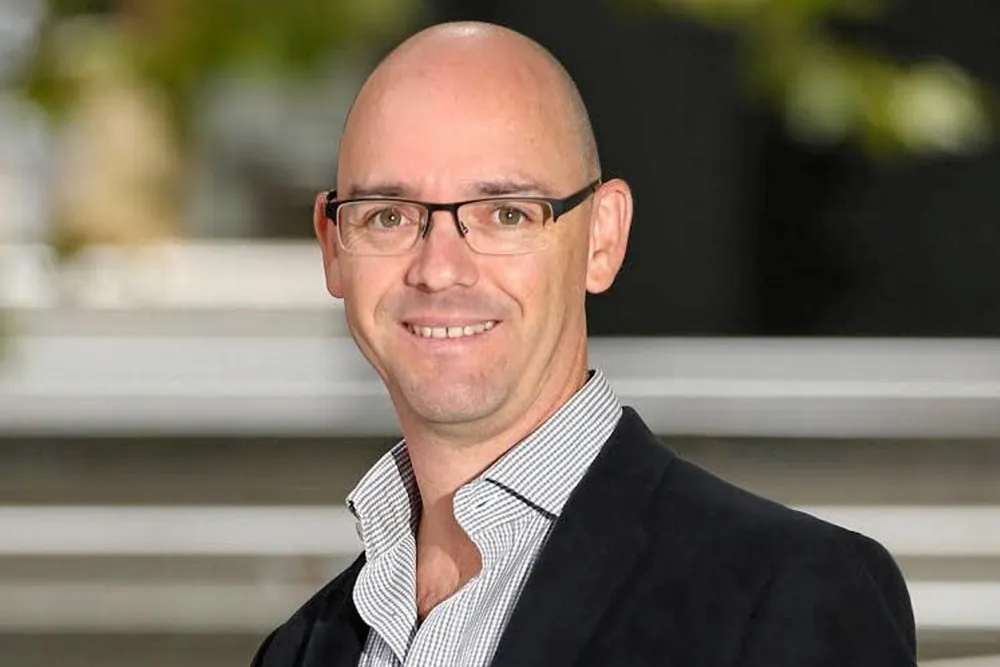Funding boost for trio of green hydrogen projects Down Under
Australian government to provide funding towards three electrolysers that will be among the largest to be built so far globally

Australian government to provide funding towards three electrolysers that will be among the largest to be built so far globally
